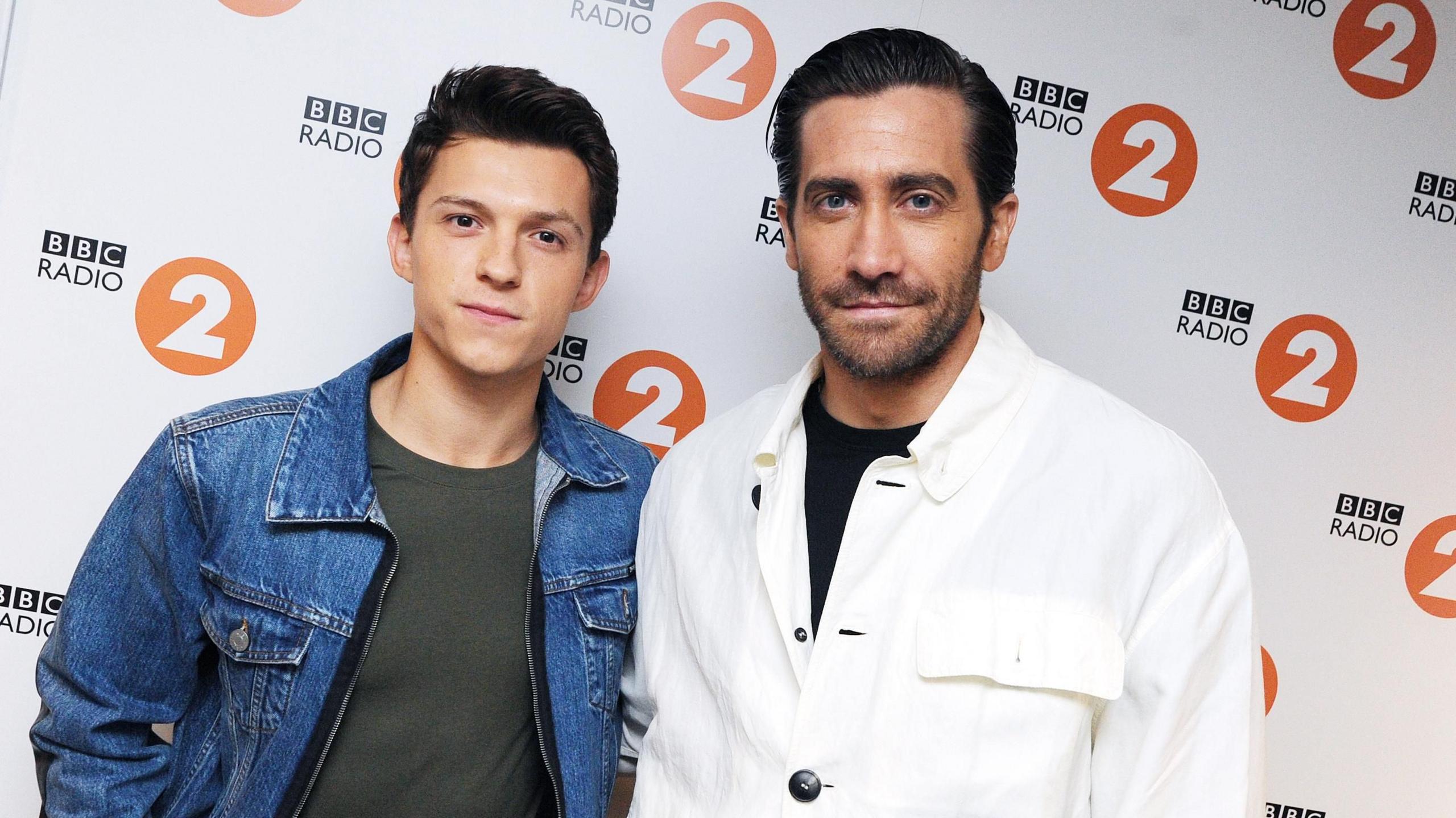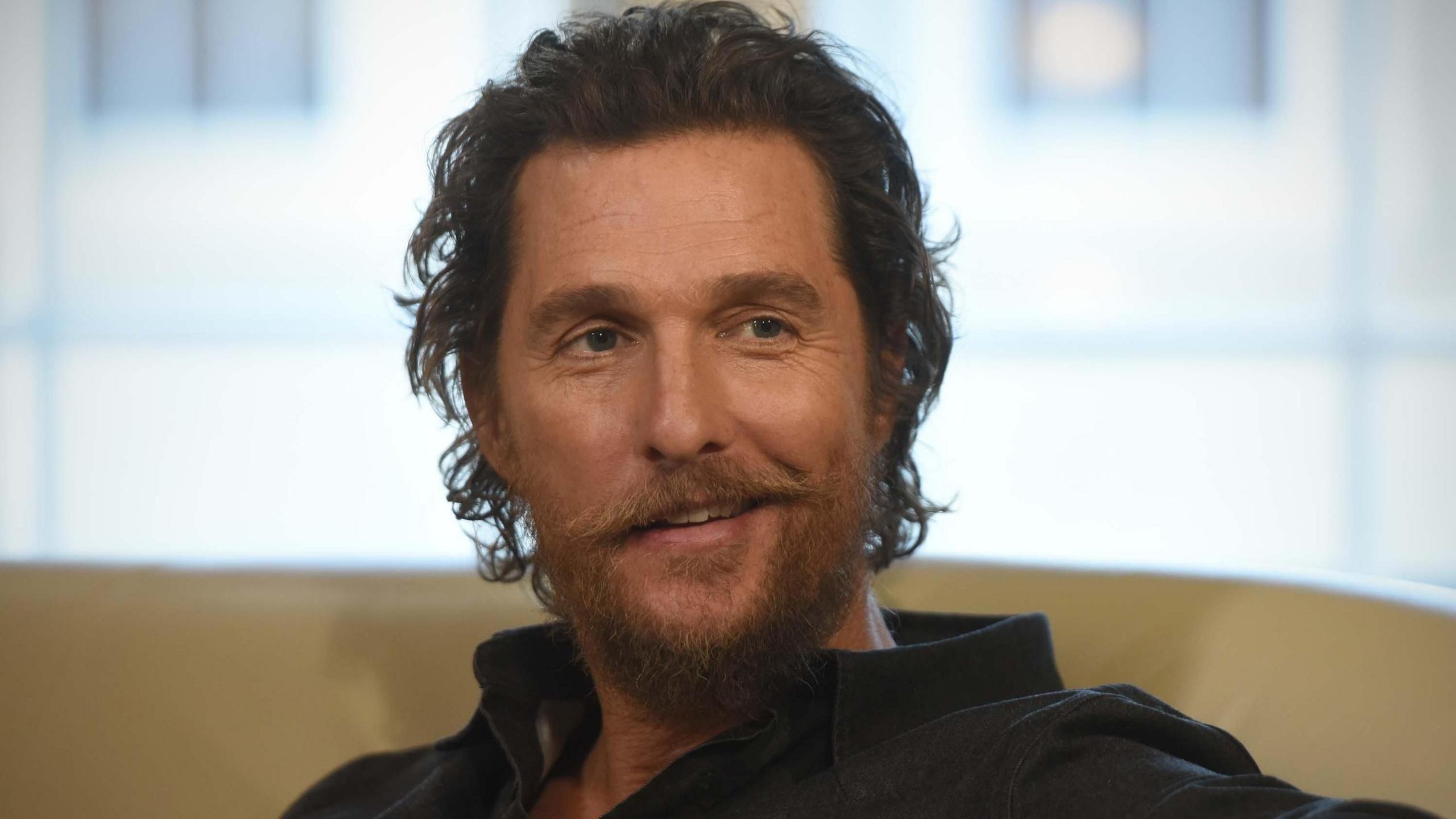The roles less taken: Hollywood's biggest what-if decisions

Tom Holland (left) and Jake Gyllenhaal (right) have each had their own misadventures in auditions
- Published
From Sean Connery as Gandalf to John Travolta as Forrest Gump, some of the biggest ever film blockbusters could have been very different. Here’s an alternative history of Hollywood, as seen through the BBC archive.
An actor is nothing without a part to play. Reputations can be made by playing just the right role at the right time; the wrong role can also derail actors’ careers. And there are no guarantees. No-one knows anything until the audiences are watching and the reviews are in.
Not even the finely honed instincts of veteran Hollywood actors get it right every time. Ask Burt Reynolds, who turned down not just James Bond and Han Solo, but the lead male roles in Pretty Woman and Die Hard, external.
There are, of course, only so many roles to go around. The most compelling parts, working with the most exciting directors, are fought for tooth and nail.
'We’re going in another direction'
At the coalface of the acting business is the painful process of auditioning. Many household names, stars who we might imagine get everything their own way, have died excruciating deaths in the audition room.
Jake Gyllenhaal auditioned for The Lord of The Rings and is quite open about being dreadful, looking up to see director Peter Jackson give a literal “face palm” response.
Tom Holland managed to ruin his own audition for Star Wars: The Force Awakens. He had to read his part opposite someone playing a robot. When she gravely read her dialogue – “bleep, bloop, bloop, bleep” - he simply could not stop laughing, which didn’t go down well.
More often, it is difficult to tell. When Matthew McConaughey auditioned for Titanic, he was convinced he’d “nailed it” and the part was his.

Matthew McConaughey was convinced he'd landed Leonardo DiCaprio's role in Titanic
Doubt
Every decision is a leap of faith. Dustin Hoffman took the role in The Graduate despite feeling he was completely wrong for it. Actors as well-known and talented as Meryl Streep have passed on parts and subsequently had to go back and fight for them.
Meryl Streep initially turned down the lead role in Sophie’s Choice and had to lobby the director to be reconsidered
The merry-go-round
In hindsight, it’s very difficult to picture anyone but Harrison Ford playing Han Solo. Ford’s wry, laconic performance in Star Wars made the part iconic. But Al Pacino turned down the part first – and Christopher Walken auditioned unsuccessfully.
In turn, the role that had truly made Pacino’s name, and put him in the frame for Star Wars – Michael Corleone in The Godfather – was turned down by Jack Nicholson.
- Published6 June 2023
Thanks, but I’ll pass
Nicholson knew that The Godfather was going to be a hit, and considered Francis Ford Coppola a brilliant director. But the decision to take a part doesn’t solely rest on how well-written the part is, or even how good the film could be. Nicholson had other concerns.
Jack Nicholson outlines why he turned down the part of Michael Corleone in The Godfather
Not every decision is purely pragmatic. Orson Welles turned down the central role in Caligula for “moral reasons”.
Michelle Pfeiffer turned down the role of Clarice Starling in The Silence of The Lambs because, as she told the New Yorker, the ending, with Hannibal Lecter free in the world, was uncomfortable for her.
“I didn’t want to put that out into the world,” she said.
Jodie Foster of course, won an Oscar for her performance as Starling. In total, the film won five Academy Awards.
I’ll be back
But a well-judged role can rejuvenate an entire career. It can showcase a previously unseen side of a film star, or it can remind people why they fell in love with their favourite actors in the first place.
When Matthew McConaughey abandoned his comfortable rom-com furrow for tragic and thoughtful roles in Magic Mike and Dallas Buyers Club, it was dubbed the McConnaissance (by McConaughey himself, in what proved to be a brilliant bit of branding).
Audiences – and casting directors – were reminded that he was a talented actor, able to embrace challenging roles, and the trajectory of his career completely changed.
Jim Carrey made a significant transition from comedian to comedic actor. By then taking on roles in films such as Eternal Sunshine of the Spotless Mind, The Truman Show and Man on the Moon, he positioned himself as a serious dramatic actor.
The role that sparked the career renaissance of John Travolta was Pulp Fiction. In order to be available for director Quentin Tarantino, he reportedly turned down a little film called Forrest Gump. Would it have re-established him the same way Pulp Fiction did? We’ll never know.
Bang for your buck
While it’s reassuring that there are artistic and moral reasons for turning down work, spare a thought for Matt Damon. He had a contract to be part of director James Cameron’s Avatar that included a share of the box office profits. He eventually passed, citing his loyalty to the team making the Bourne films. Avatar became the highest ever grossing film, earning just shy of $3bn, which would have seen a payday for Damon of $250m.
But even that’s not as crushing as Sean Connery saying no to the part of Gandalf in The Lord of The Rings which, at $10m per film and 15% of box office earnings, could have netted him a truly epic fee.
'Amazing source material'
So actors have to be on their toes and have complete focus when it comes to selecting their work. They need to do their homework and talk things over with their agents. When they don’t, it can be messy.
Bill Murray has admitted to signing up to be the voice of Garfield in the 2004 film because he thought the director, Joel Cohen, was one of the famous film-making Coen brothers.
As always with Murray, it’s possible the claim was just a bit of mischief. But it is true that Bob Hoskins, befuddled and confused about his lead role in Super Mario Bros, only realised that it was based on a video game when his children told him. His response? “I used to play King Lear.”
Perhaps the simplest thing to do, and best for your ego, would be to do what Hoskins did elsewhere – take a cheque for not playing a part.
Bob Hoskins was paid by director Brian De Palma for agreeing to be on standby for Robert De Niro